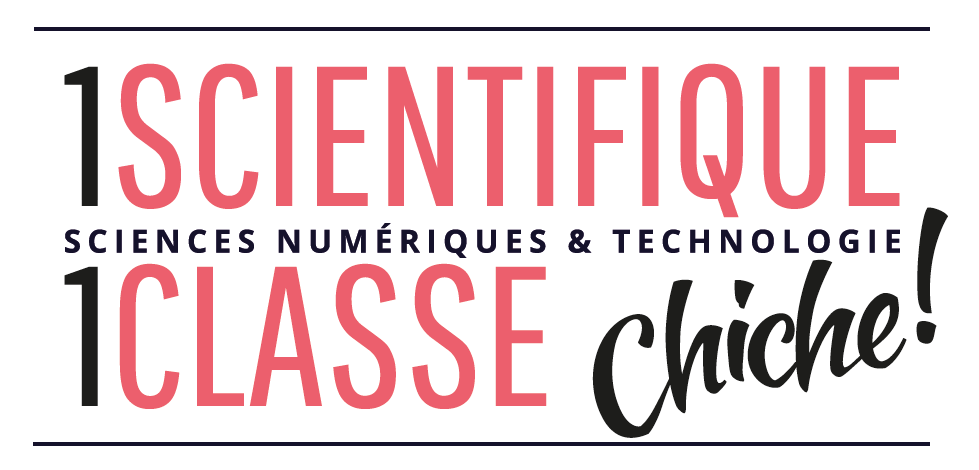1 Scientist— 1 Class: Chiche! Pilot phase of the programme launched in schools in the Lyon region
Date:
Changed on 24/03/2020

The programme is aimed at 15-year-olds following vocational, general or technology/science curricula and is based around giving classes the chance to meet a scientist. It is part of the new digital science and technology class introduced at the beginning of the 2019–2020 school year.
Creating an opportunity for students to chat with a scientist serves two objectives, the first being to discuss career pathways and what it's like working as a researcher, and the second, to illustrate that advanced-level research underpins our daily use of digital technology. The idea is to equip students with the knowledge to understand how the digital world in which they live is changing and, if possible, to encourage students to enter the field, particularly girls influenced by gender stereotypes – especially since historically the first IT engineers were in fact women.
The Chiche programme will initially be rolled out in pilot locations until June 2020. While the annual SIF conference is being held in Lyon on 4 and 5 February, the first school visits will be held with the support of the Digital Learning Department of the Ministry for National Education and Youth and aid of the Lyon Board of Education. 15-year-old students from four secondary schools in the region will be visited by representatives from the project partners:
Visits will also be held in schools in the Montpellier, Nancy-Metz, Nantes and Nice regions, while schools in other regions will join the project in the coming weeks.
A qualitative and quantitative assessment of the first phase will then be conducted before the project is rolled out across France.